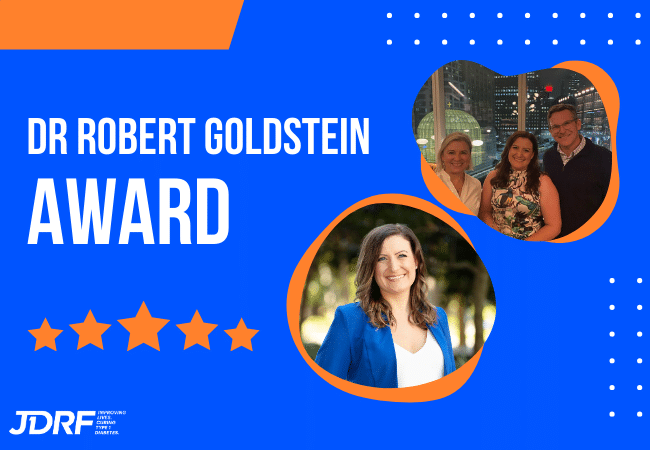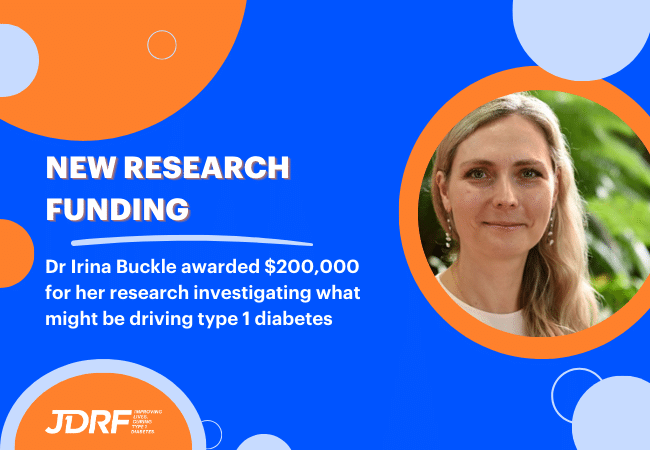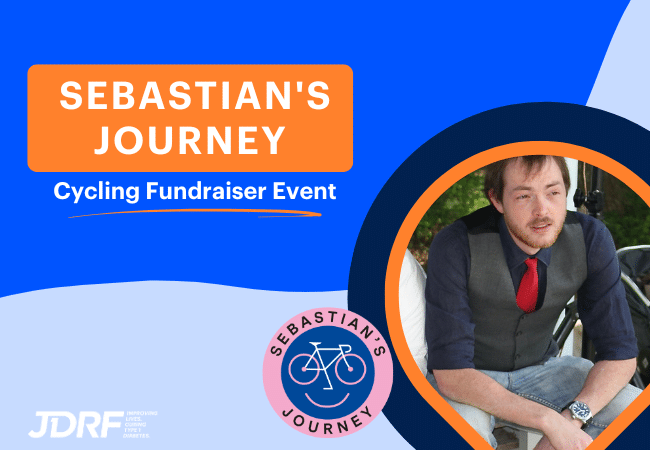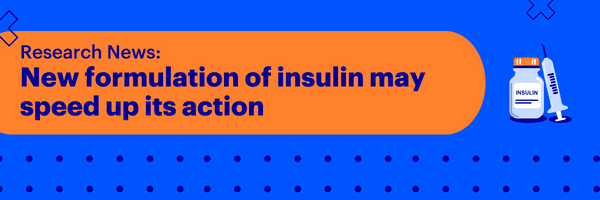Type 1 diabetes & alcohol: why drinking can cause an overnight hypo
This post contains information taken from Straight to the Point: A guide for living with type 1 diabetes. Download your full free copy.
In Australia, guidelines on the level of alcohol consumption for people with type 1 diabetes (T1D) are the same as that for the general population. That’s no more than two standard drinks for men on any given day, and one standard drink for women, with both men and women having at least two alcohol-free days each week.
Of course, we’re all human and on occasion you may wish to ignore these guidelines! If you’re planning on having more than a couple of drinks, there are some things to prepare and look out for to ensure you can have a great night and morning after.
One of these considerations is avoiding hypoglycaemia. We all know alcohol increases our risk of the dreaded 4am hangover hypo, but why does it do this? What’s the science behind this phenomenon and how can you avoid it? We have the answers.
Alcohol & your liver
We hate to break it to you, but the truth is alcohol and your liver have a complicated (read: toxic) relationship. Your liver’s role is to break down and eliminate any harmful substances in your blood, produce bile to aid your digestion and store glycogen – and it works OVERTIME when you’re on a night out or even just having a few drinks at home.
In fact, your liver does 90% of the work processing the alcohol you consume, with the remaining 10% left to exit your body in your sweat, urine or breath. It’s no wonder that even if you didn’t live with T1D, alcohol can have a long-term impact on your liver!
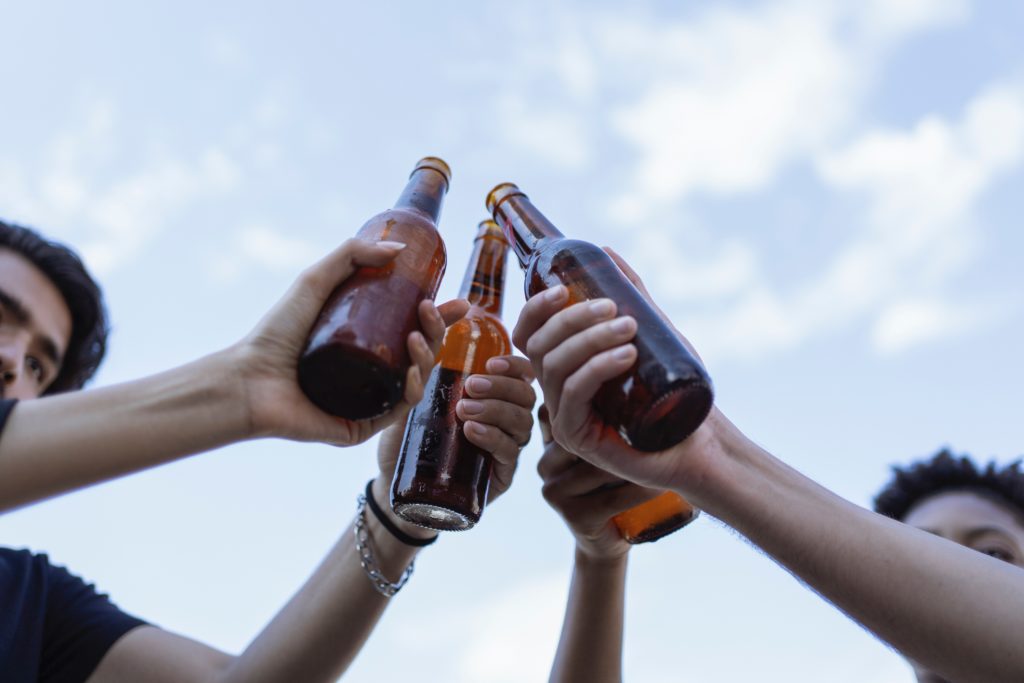
Alcohol-induced hypoglycaemia
Throughout the day, your liver slowly releases stored glucose into your bloodstream. Your slow-acting (basal) insulin helps control how quickly this glucose is released.
When you drink alcohol, it slows down the liver’s ability to release glucose into the blood, as it’s busy doing 90% of the work to eliminate the alcohol from your system. It’s no longer able to release enough glucose to prevent your BGLs from going too low, especially if you have insulin on board. It takes about one hour for your liver to process a standard alcoholic drink. Six drinks means six hours, placing you at risk of alcohol induced hypoglycaemia overnight.
Alcohol-induced hypoglycaemia can become dangerous if you hit the hay without first considering the effect alcohol can have on your T1D and taking steps to mitigate the 4am hangover hypo.
The solution
There are many strategies you can use to help reduce the risk of a 4am hangover hypo, but the best and most effective steps you can take are:
- Eat some snacks at the beginning of the night, as well as every few hours while you are drinking; and,
- Have a snack with carbs before you go to sleep, or reduce your basal insulin by 10-20%. Kebabs and burritos are a crowd favourite if you decide to go for the snack … we bet your mates wouldn’t mind stopping in for one at the end of a night out, too.
To learn more about avoiding the 4am hangover hypo, and to arm yourself with more practical tips on drinking alcohol with T1D, you can download Straight to the Point: A guide for adults living with type 1 diabetes.
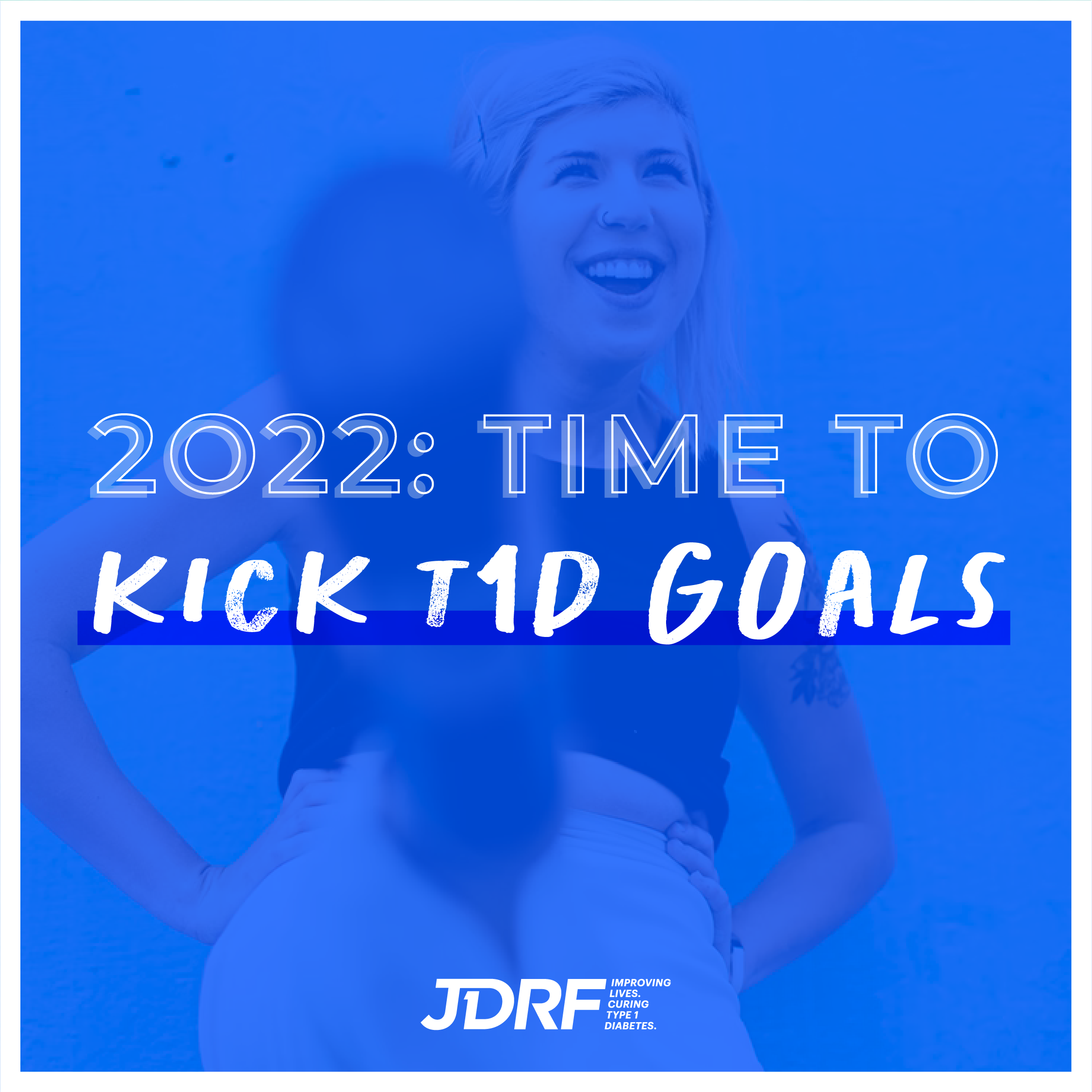
Want more help having fun?
Fill out this form to have Straight to the Point: A guide for adults living with T1D sent directly to your inbox.

